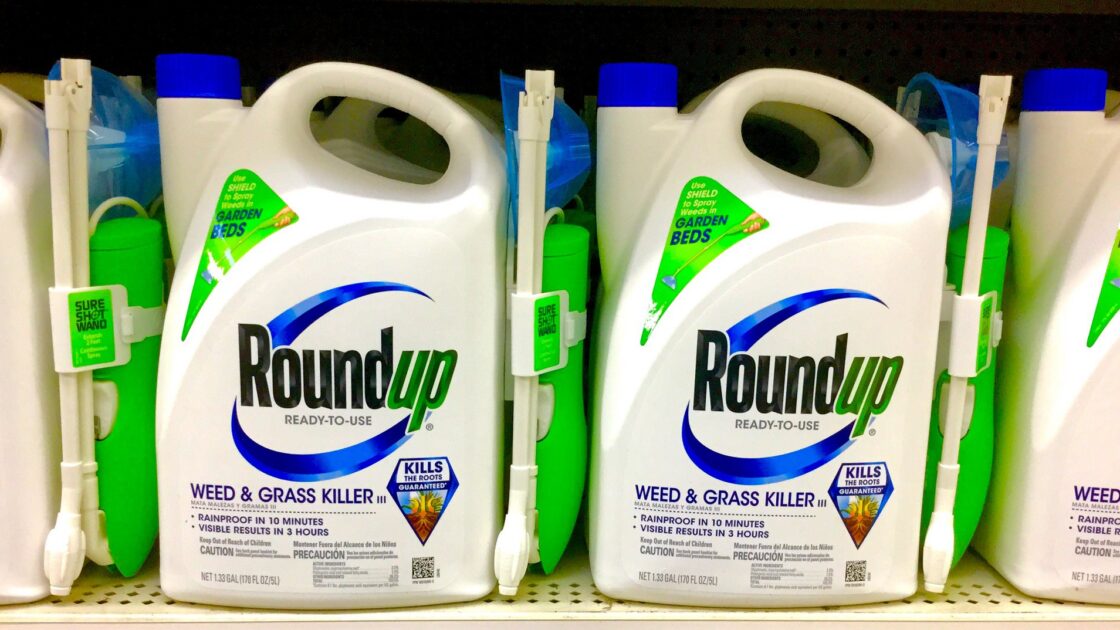Jury Says Monsanto’s Roundup Causes Cancer, Awards Victim $289 Million

A San Francisco jury has ordered Monsanto to pay $289 million to Mr. Dewayne Johnson, a former pest control manager for an area school who developed incurable non-Hodgkin’s lymphoma in 2014 after regularly using Monsanto’s proprietary Roundup during his nearly four years on the job. The jury, which deliberated for three days, found Friday that the company had marketed its Roundup weedkiller products to the public despite being aware that the active ingredient, glyphosate, caused cancer.
Monsanto’s actions showed a “deliberate effort to distort the truth,” Brent Wisner, Johnson’s lawyer, said in closing arguments Tuesday.
“The jury found Monsanto acted with malice and oppression because they knew what they were doing was wrong and doing it with reckless disregard for human life,” said Robert F. Kennedy Jr., a member of Johnson’s legal team. “This should send a strong message to the boardroom of Monsanto.”
Johnson’s case against Monsanto, the first of more than 4,000 similar cases in various state courts to go to trial, was expedited in accordance with California law when his doctors claimed in June court filings that the plaintiff might not live long enough to learn the verdict of the case.
CNN reports that this verdict could “set a massive precedent” for decisions on the remaining cases.
Monsanto continues to deny a link between its product and lymphoma and plans to appeal the decision, according to NBC.
Monsanto vice president Scott Partridge expressed the company’s sympathy with regards to Johnson and his family, but he expressed that the decision “does not change the fact that more than 800 scientific studies and reviews — and conclusions by the U.S. Environmental Protection Agency, the U.S. National Institutes of Health and regulatory authorities around the world — support the fact that glyphosate does not cause cancer, and did not cause Mr. Johnson’s cancer.”
The World Health Organization found in 2015 that glyphosate was a “probable” human carcinogen, but other organizations, including the EPA, continue to deny the link, claiming insufficient evidence.
Related on Organic Authority
Bayer’s Takeover of Monsanto Approved in U.S.
Monsanto’s Roundup Just Made Agricultural History
Cancer Isn’t the Only Risk Posed by Monsanto’s Roundup

